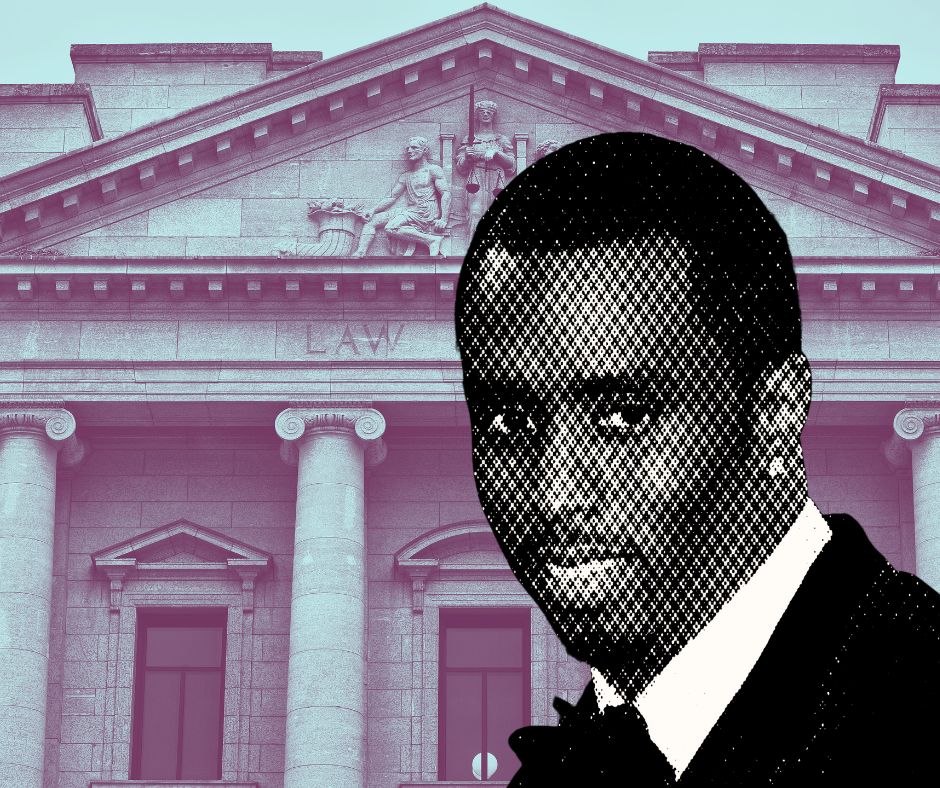The ongoing federal sex-trafficking trial of Sean “Diddy” Combs has unveiled a series of disturbing allegations, shedding light on the complex dynamics of power, coercion, and abuse within professional relationships. This high-profile case not only underscores the challenges victims face in confronting workplace misconduct but also highlights the pivotal role legal representation plays in seeking justice.
The Trial: A Glimpse into Abuse of Power
Since the trial began on May 12, 2025, in Manhattan federal court, the trial has featured testimonies that paint a troubling picture of Combs’ alleged misconduct. Cassie Ventura, Combs’ former partner, testified about enduring years of physical, sexual, and emotional abuse, including being coerced into degrading acts that were allegedly recorded for potential blackmail. Her mother, Regina Ventura, recounted being extorted for $20,000 under threats of releasing explicit videos of Cassie, leading her to take out a home equity loan out of fear for her daughter’s safety.
Further testimonies from Combs’ former assistant, David James, and exotic dancer Sharay Hayes detailed a pattern of coercion, drug use, and orchestrated sexual encounters, often referred to as “freak-offs,” which were allegedly directed and controlled by Combs. These accounts, coupled with evidence from a 2024 raid on Combs’ Miami mansion that uncovered weapons and sex paraphernalia, contribute to the narrative of a long-standing pattern of exploitation and abuse.
Implications for Workplace Misconduct Victims
While the Combs trial is criminal in nature, it echoes scenarios familiar in workplace environments where individuals in positions of power exploit their authority. The case underscores how fame and influence can be wielded to silence victims and perpetuate misconduct.
Employment attorneys note that such dynamics—power imbalances, retaliation, and silence—are prevalent in many corporate settings. Victims often face significant barriers in coming forward, fearing professional repercussions or disbelief. The Combs trial serves as a stark reminder of the importance of creating safe and equitable work environments for everyone in all industries.
The Role of Legal Representation
For victims of workplace misconduct, engaging a knowledgeable attorney is crucial in navigating the complexities of the legal system. Legal professionals can provide guidance on the appropriate way to proceed- it could be through internal company procedures, civil litigation, or criminal complaints.
Law firms specializing in employment law, such as Joseph & Norinsberg, offer support to individuals facing harassment and discrimination in the workplace. They emphasize the importance of understanding one’s rights and advocating for victims.
Moreover, legal representation can assist in gathering evidence, negotiating settlements, and, if necessary, representing victims in court. Attorneys play a pivotal role in ensuring that victims’ voices are heard and that perpetrators are held accountable for their actions.
Bennitta Joseph, Founding Partner at Joseph & Norinsberg: “Every employee deserves to be treated respectfully in their workplace—no matter WHO they work for! This trial is a huge wake-up call for many victims suffering abuse at work. It’s giving employees the courage to speak up and hold their offenders accountable. NO ONE is above the law, not even Diddy!”
Moving Forward: Empowerment Through Justice
The revelations from the Combs trial have sparked broader conversations about abuse of power and the methods that allow such behavior to persist. For victims of workplace misconduct, the case serves as both a cautionary tale and a call to action.
Empowerment begins with awareness and the courage to speak out. By seeking legal counsel, victims can take the first step toward holding wrongdoers accountable. The legal system, while complex, offers pathways to justice and the possibility of systemic change.
If you or someone you know is experiencing workplace misconduct, consider reaching out to an attorney to explore your options. Remember, you are not alone, and support is available to help you navigate this challenging journey.

